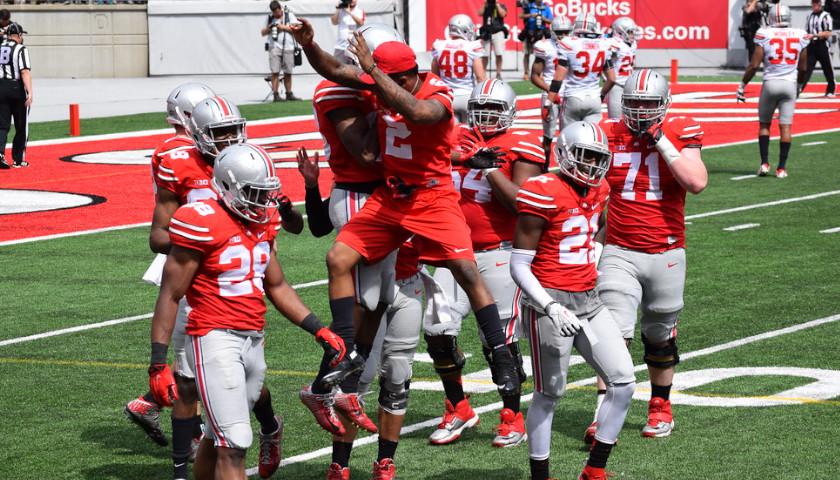by J.D. Davidson
It’s not just college athletes’ name, image and likeness on the radar of the Ohio House of Representatives.
Normal Ohioans could receive protection from unauthorized use of their identities under a new bill that addresses the growing use of artificial intelligence.
Unlike NCAA athletes who are now being paid when their name, image or likeness is used, a bill sponsored by a pair of Republican lawmakers would ensure someone’s name, image or likeness is not used for most purposes without their consent.
“We have worked throughout this General Assembly to bolster our legal code and protect our God-given rights,” Rep. Brett Hillyer, R-Uhrichsville, said recently during testimony in front of the House Government Oversight Committee. “This bill today ensures every Ohioan, not just the famous, can be protected from those who would tarnish their names. There are countless ways that regular Ohioans could have their names modified that do not rise to the level of defamation yet should still be fully protected, even if those names are not yet household names.”
Under current law, an individual must assert that the use of their name, image, or likeness was for some commercial purpose or used to defraud.
House Bill 367 would:
• Update the definition of a person’s persona.
• Define malicious deepfake recordings.
• Create a legal framework for addressing fraudulent reproductions.
• Establish exceptions for protected speech, such as political ads and news reporting.
Hillyer and co-sponsor Rep. Adam Mathews, R-Lebanon, told the committee the legislation grew as the use of artificial intelligence grows.
The updated definition of a person’s persona would include a “modified facsimile of an individual’s persona wherein a reasonable trier of face would confuse the modified facsimile and the individual.”
It also carves out exceptions for likenesses to be used in political ads, news reporting or people in crowds, similar to what can be used now.
Any altered image, recording or record used in the exceptions would have to include a clear statement that the material has been altered in a way that makes it fictional or inauthentic and those responsible for creating or distributing the ad must be seen.
– – –
An Ohio native, J.D. Davidson is a veteran journalist with more than 30 years of experience in newspapers in Ohio, Georgia, Alabama and Texas. He has served as a reporter, editor, managing editor and publisher. Davidson is a regional editor for The Center Square.
Photo “Ohio State Football Players” by Paula R. Lively. CC BY 2.0.





